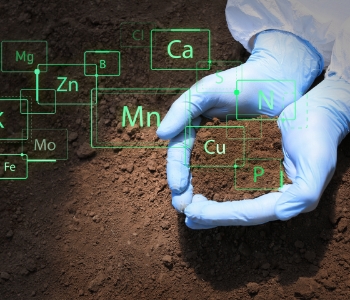- 0
Why Do We Need Soil Nutrients?
Soil is the foundation of plant growth. A healthy soil contains the right mix of minerals and organic matter to provide essential nutrients for crops. In order for plants to take up these nutrients, they need to be in contact with the soil. Soil is also a major source of water for plants.
Unfortunately, over time, soils can lose their nutrient content and become deficient in specific nutrients. This can lead to poor crop growth and decreased yields. You can also check the best information about soil nutrients tests via https://cultivatorphytolab.com.

There are many factors that can impact soil nutrients availability, including: natural resource depletion; erosion; climate change; population growth; agricultural practices; and human activity. To help protect soils and ensure they remain fertile and productive, it's important to monitor and manage these factors.
To test your soil for nutrients, you will need:
-A testing kit (available at garden stores or online)
-A container that will hold the soil sample (a 2-litre soda bottle works well)
Soil is the foundation of plant life. It provides the necessary nutrients, water and air to support plants. In order for plants to grow, they need access to a variety of soil nutrients. The three main soil nutrients are nitrogen, phosphorus and potassium.
Nitrogen is essential for plant growth because it helps form proteins and DNA. Phosphorus is also important for plant growth because it helps build cells and make energy. Potassium helps keep plants healthy by helping them process food and making other chemicals.
Testing your soil for nutrients is a good way to ensure that you're providing your plants with the right amount of these essential elements.
